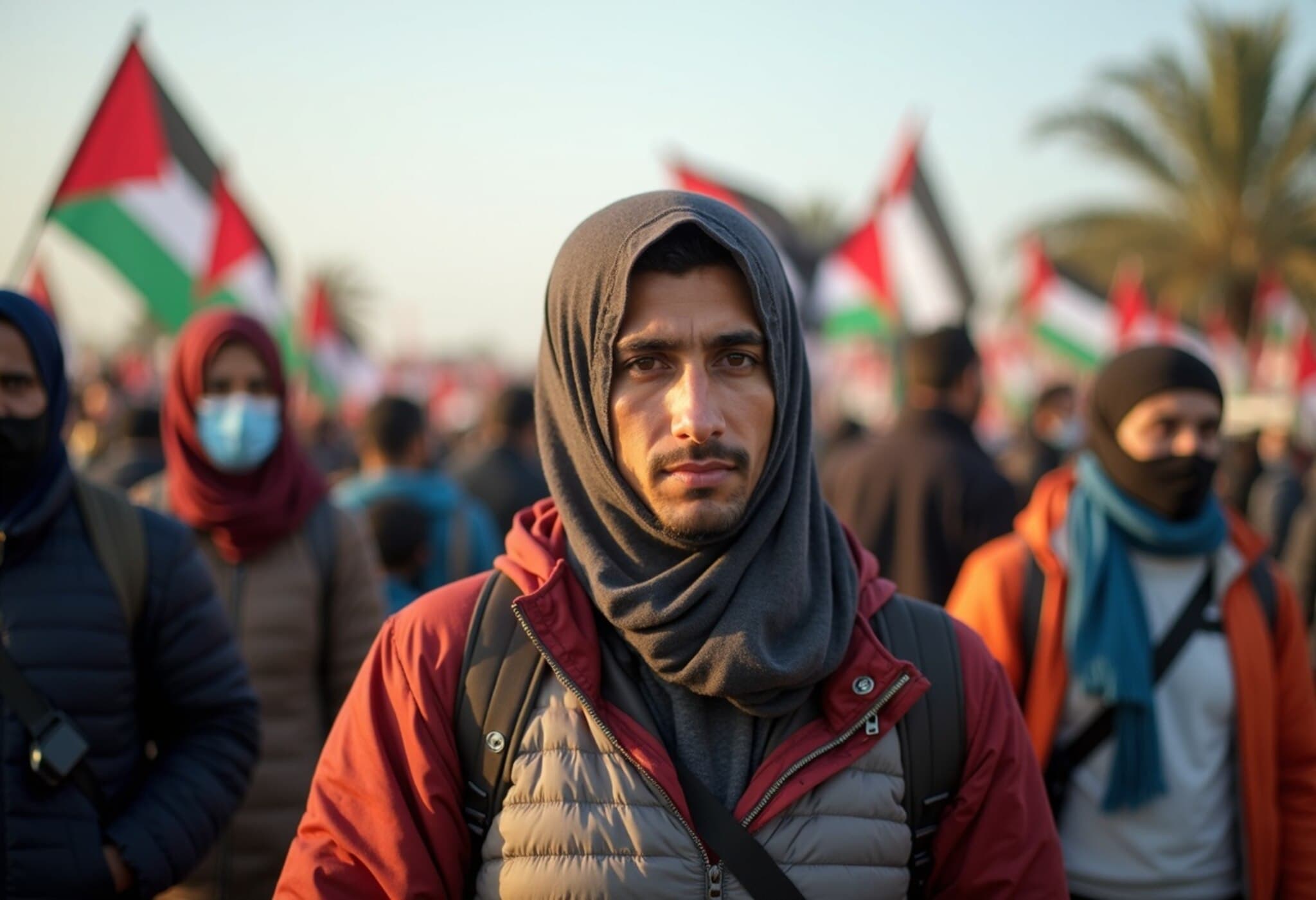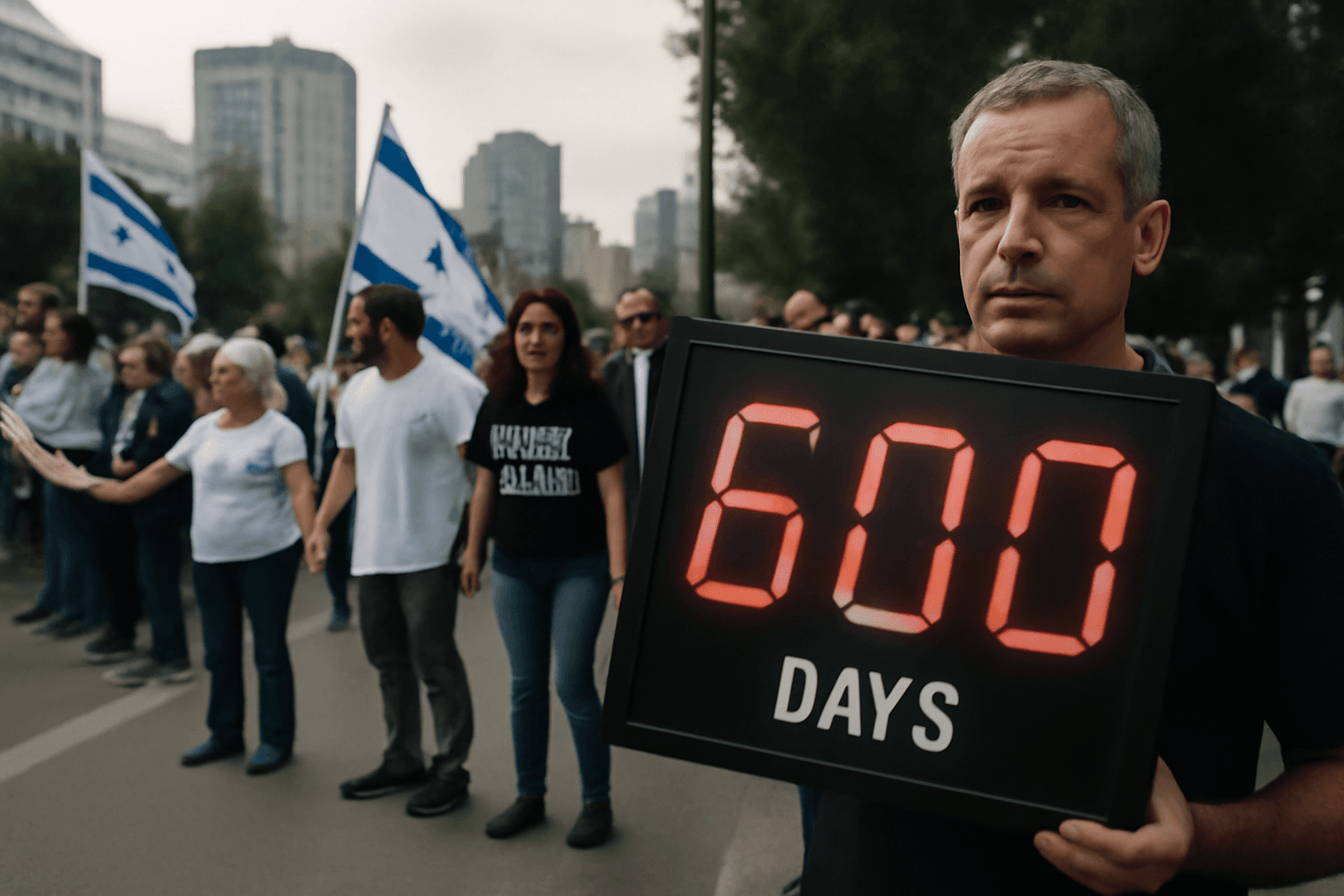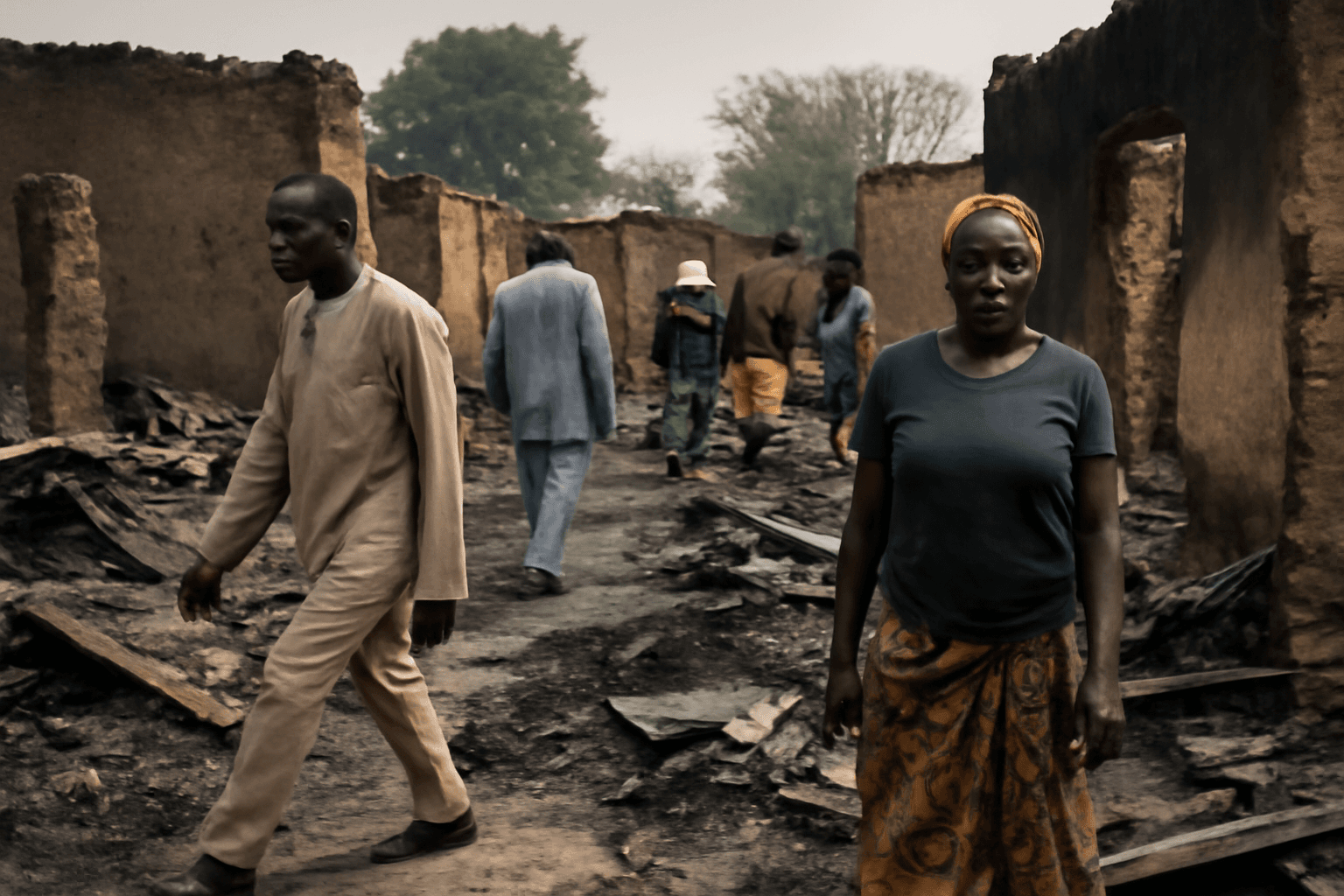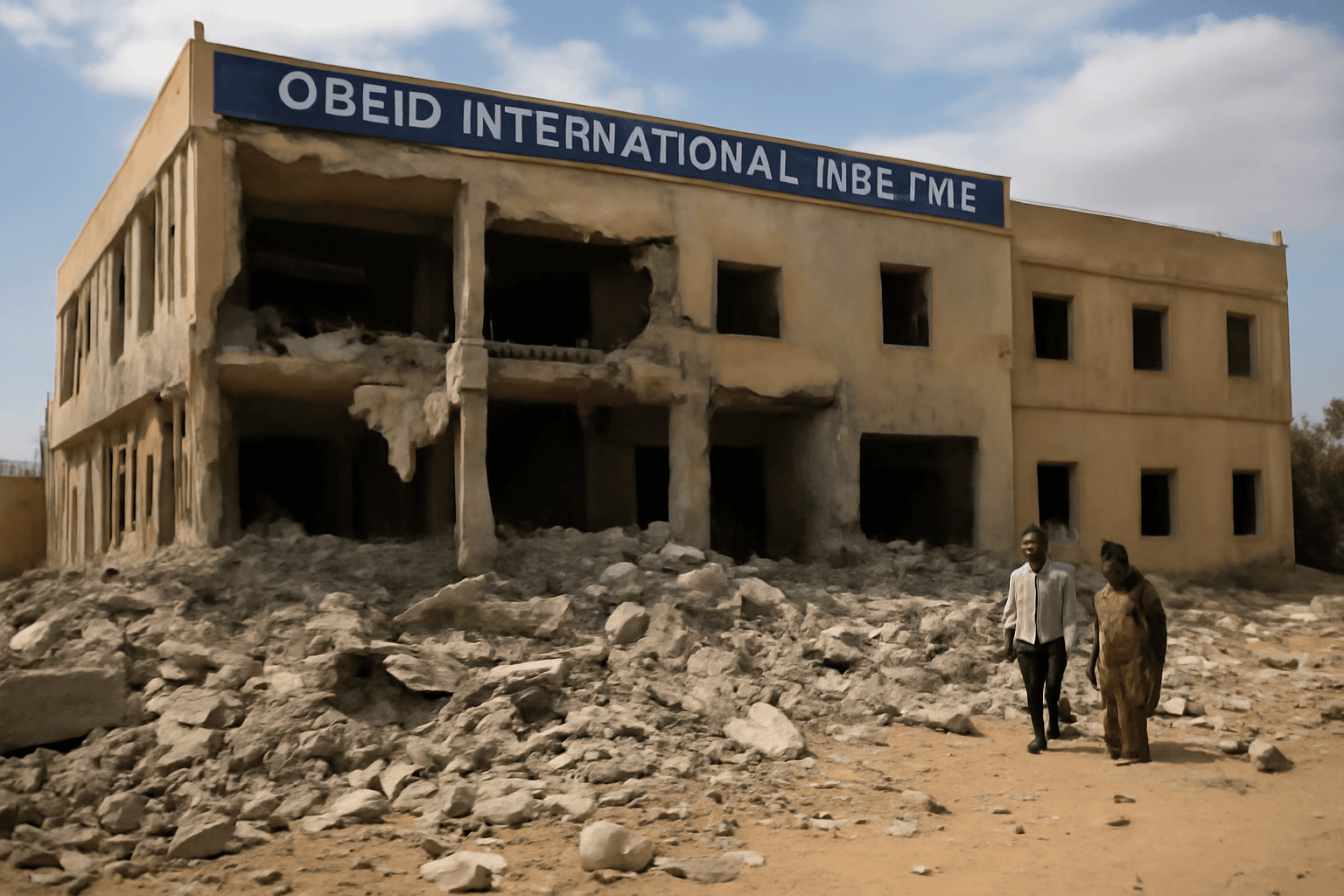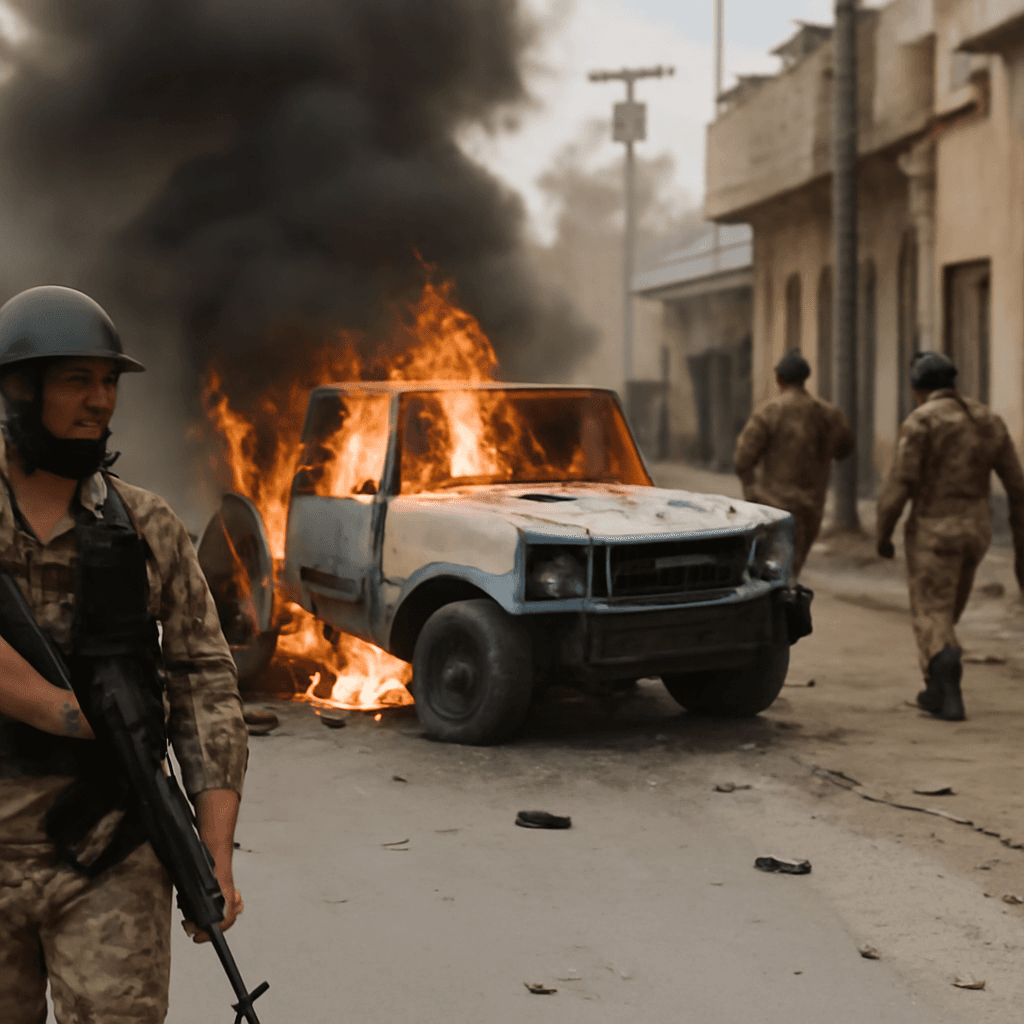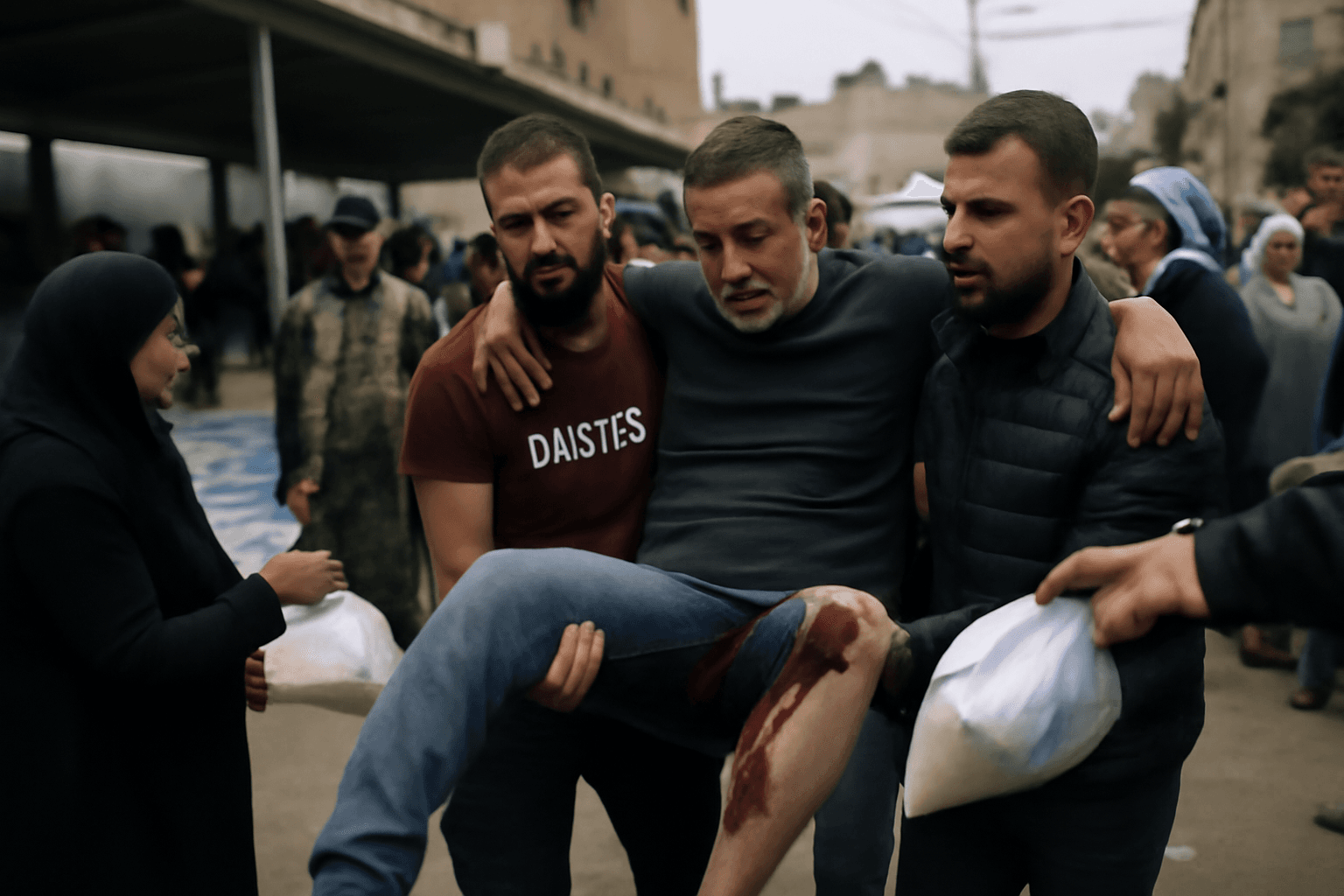Activists Blocked in Libya and Egypt Ahead of Gaza Protest
A coordinated effort by activists from around the world to march to Gaza has been thwarted by authorities in both Libya and Egypt. The demonstration aimed to highlight the escalating humanitarian crisis in Gaza amid Israel’s ongoing aid blockade.
Global March on Gaza Faces Harsh Detention
Activists from 80 countries had planned to converge on Egypt’s border with Gaza to protest the devastating conditions caused by Israel's restrictions on aid, which have been in place since March. Although Israel eased some aid restrictions recently, experts agree that the relief is insufficient to meet the urgent needs of Gaza's population.
The march was set to be among the largest international demonstrations for Gaza in recent years, following similar initiatives such as an activist boat carrying aid that was intercepted by Israel earlier in the week.
Crackdown Intensifies in Egypt
On Friday, Egyptian authorities confiscated the passports of 40 activists at a checkpoint described by organizers as a "toll booth-turned-checkpoint," heavily guarded by riot police and armored vehicles. Security forces reportedly used force to suppress protests and began detaining participants.
The activists declared that if any are forcibly deported under misleading pretenses, they are prepared to launch a hunger strike. They also appealed to their home governments to press Egypt for the release of detained nationals.
Earlier, hundreds of activists arriving in Cairo faced detention and deportation back to Europe and North Africa. Many had intended to assemble at a campsite near Sinai to prepare for the march but had not received authorization to travel through the sensitive area.
Spokespeople for the group emphasized their commitment to peaceful protest aligned with Egypt’s public pledges to stabilize its border and address Gaza's humanitarian emergency.
Activists Awaiting Authorization Halt Demonstrations
As those stuck at the Ismailia checkpoint endured the summer heat, organizers signaled they would hold off on protests until receiving clear permission from the Egyptian government. The situation spotlights Egypt’s difficult position—publicly condemning aid restrictions while cracking down on pro-Palestinian activism.
Since the conflict escalated, Egyptian authorities have arrested and charged 186 activists with threatening state security, many of whom maintain they were peacefully protesting or raising funds for Gaza relief.
European activists expressed surprise at the severity of Egypt's crackdown. One Italian participant noted harsh treatment and deportations, while a Belgian human rights lawyer described police saturation around activist hubs in Cairo.
Libyan Authorities Block Overland Aid Convoy
Meanwhile, an overland aid convoy that began in Algeria and gathered support through Tunisia and Libya was stopped in Sirte, eastern Libya. This region has long been divided between rival factions, and the convoy, previously allowed to cross Tunisia and western Libya, was halted near a frontline area.
The authorities governing eastern Libya urged activists to coordinate with official channels to ensure safety and comply with diplomatic protocols. They recommended participants return home, citing Egypt’s refusal to authorize the border march.
Despite the delay, convoy organizers expressed determination to continue the journey, reminding supporters of the extensive distance already traveled—nearly 2,000 kilometers along the Mediterranean coast.
Rising International Concerns Over Gaza’s Humanitarian Crisis
These activist movements reflect growing global alarm over Gaza’s worsening conditions. Israel’s persistent airstrikes and strict limits on aid shipments have left the majority of Gaza’s population dependent on scarce humanitarian assistance.
The United Nations has warned of impending famine without significant changes to the blockade. Meanwhile, a U.S.-backed group is managing the limited aid allowed into Gaza, but distribution points have become sites of deadly chaos, with nearly 200 people killed in crowd crushes.
Reports indicate almost half a million Palestinians face severe food insecurity, with an additional million struggling to obtain basic nourishment. While Israel has disputed these figures, citing previous inaccurate forecasts, the humanitarian plight remains dire.

